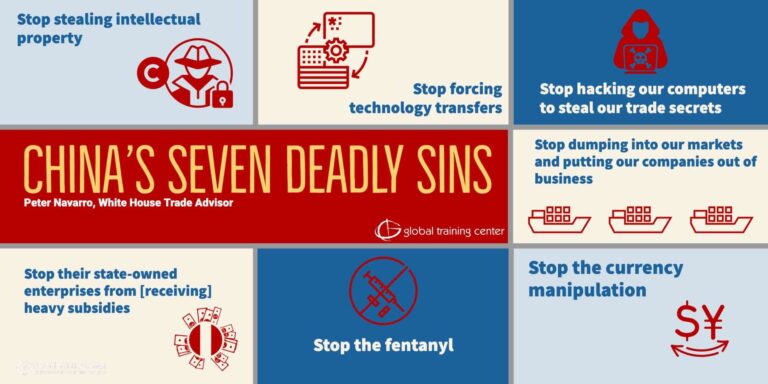US Mulls Restrictions on Chinese Smart Cars: What You Need to Know
The US government is reportedly considering imposing restrictions on imports of Chinese “smart cars” over concerns about data security. This move could include electric vehicles (EVs) and related components, regardless of where they were assembled.
Bloomberg News reported that these measures are being considered because of concerns about troves of data collected by smart cars, including EVs and connected and autonomous vehicles. The proposed restrictions are designed to prevent Chinese manufacturers from circumventing existing import controls by routing their products through third-party countries.
While the US has not yet implemented any formal restrictions, this development could potentially have significant implications for the automotive industry, both in the US and worldwide.
What are smart cars?
Smart cars include vehicles equipped with advanced technologies such as voice recognition, artificial intelligence (AI), machine learning, and predictive analytics. Additionally, such cars have the capability to connect to the internet and gather data. This data relates to everything from vehicle performance metrics such as fuel consumption and tire pressure to driver behaviour such as speed and driving style.
Why are smart cars a security concern?
Smart cars are a data trove, and the need to protect this data from theft, loss or tampering is paramount. With cyber-attacks on the rise and the increasing value of data, securing data is an issue that both car manufacturers and policymakers need to take seriously.
Advanced technologies may offer consumers new benefits, but they also raise the question of who owns the data. With information about driving habits such as location, speed, and acceleration being collected, there is also the possibility of this data being used maliciously, including for surveillance purposes.
What are the implications of the proposed restrictions?
The proposed restrictions could have significant implications across the automotive industry. China is the world’s largest auto market, and many Chinese auto manufacturers are investing heavily in EV and smart car technology, including self-driving capabilities, making them a major player in the global automotive industry.
If the US were to restrict imports, it could impact not only Chinese manufacturers but also companies that rely on Chinese EV components as part of their supply chain. For example, Tesla manufactures vehicles in the US and parts from China are used in the production process.
In conclusion, the US government’s considerations to restrict Chinese smart car imports illustrate the need for increased scrutiny and regulation around data security in the automotive industry and beyond. While the full scope of the proposed measures has yet to be determined, it is crucial that stakeholders take the necessary steps to secure valuable data while balancing the need for innovation and technological advancement. The automotive industry must continue to adapt to new challenges while maintaining its focus on ethical business practices, data security, and customer privacy.
Source:












